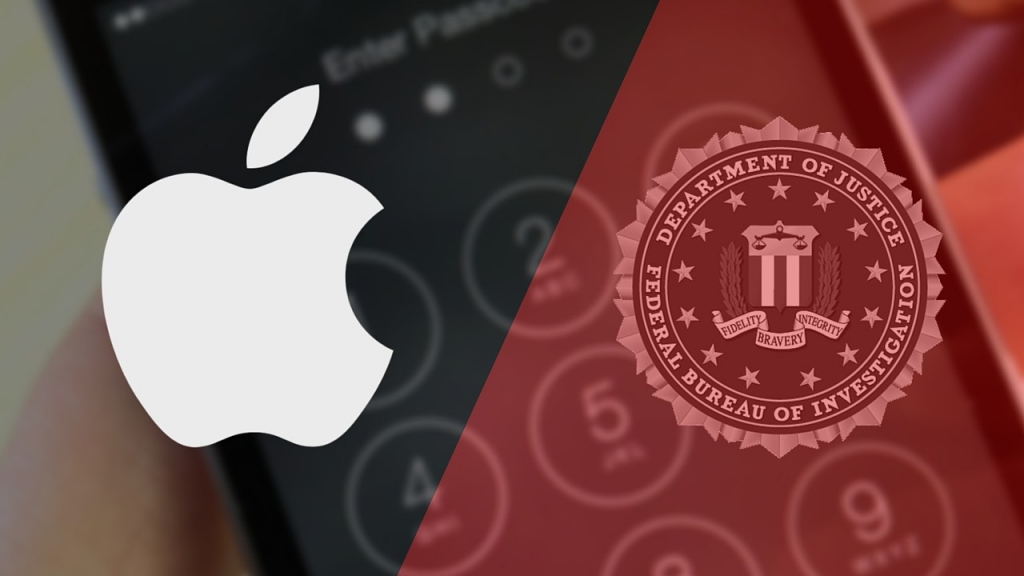-
Tips for becoming a good boxer - November 6, 2020
-
7 expert tips for making your hens night a memorable one - November 6, 2020
-
5 reasons to host your Christmas party on a cruise boat - November 6, 2020
-
What to do when you’re charged with a crime - November 6, 2020
-
Should you get one or multiple dogs? Here’s all you need to know - November 3, 2020
-
A Guide: How to Build Your Very Own Magic Mirror - February 14, 2019
-
Our Top Inspirational Baseball Stars - November 24, 2018
-
Five Tech Tools That Will Help You Turn Your Blog into a Business - November 24, 2018
-
How to Indulge on Vacation without Expanding Your Waist - November 9, 2018
-
5 Strategies for Businesses to Appeal to Today’s Increasingly Mobile-Crazed Customers - November 9, 2018
Federal Bureau of Investigation withdraws from NY iPhone unlocking case
The Justice Department had maintained that only Apple could help it access the phone without erasing all of its data before abruptly saying it had gotten help from an outside party and no longer needed Apple’s assistance.
Advertisement
In that case in the U.S. District Court for the Central District of California, the government had demanded Apple’s assistance but later asked the court to vacate its order as it had accessed data stored on the phone, using a tool from a third party.
The Justice Department last month abandoned a similar effort to force Apple to help it unlock and bypass the strong encryption on an iPhone used by Syed Rizwan Farook, who along with his wife, Tashfeen Malik, launched a December 2 attack in San Bernardino that left 14 dead and many others wounded.
Just last week, Apple had filed a refusal to help the DoJ claiming the government was not doing all in its power to unlock the phone. “Accordingly, the government no longer needs Apple’s assistance to unlock the iPhone, and withdraws its application”. It leaves unchallenged a 50-page ruling by a magistrate judge concluding the government doesn’t have legal authority to force companies like Apple to help investigators open devices. This time, it wasn’t because investigators were able to hack into the NY drug dealer’s smartphone that was the focus of the dispute, but rather because the passcode was provided to them by an unnamed source.
FBI Director James Comey says the bureau paid more than $1 million dollars to hack into the iPhone used by one of the San Bernardino terrorists.
Fred Sainz, an Apple spokesman, declined to comment on the government dropping its appeal. That entity has not been named, and the Justice Department has not revealed the method used.
The U.S. government is extending its winning streak over Apple.
After he was arrested, Mr. Feng told agents that he didn’t remember the phone’s passcode, leading investigators eventually to seek Apple’s help.
The iPhone belongs to Jun Feng of Queens. “They are about law enforcement’s ability and need to access evidence on devices pursuant to lawful court orders and search warrants”.
Advertisement
The two cases have been at the center of the debate over encryption and whether private companies such as Apple can be legally compelled to provide access to the secure data of their customers.




























